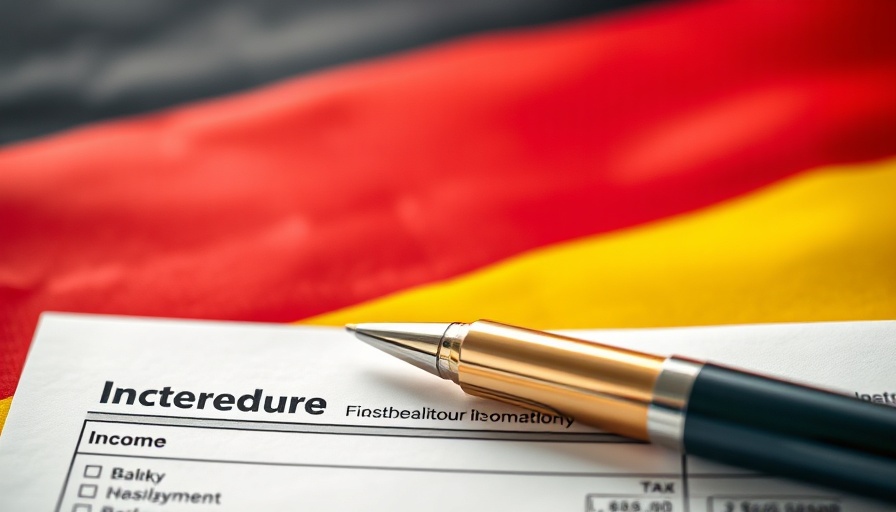
The Complexity of Germany's Income Tax System
Germany's income tax system stands out as one of the most complicated in the world. Unlike countries such as Sweden, where taxpayers receive pre-filled tax returns, German citizens spend an average of 9 to 10 hours and over €100 just to file their tax returns annually. This is largely due to the multitude of deductions available, which complicate the filing process.
Deductions: A Double-Edged Sword
In principle, Germans can deduct all work-related costs from their taxable income. This includes everything from laptops to commuting expenses. While this might seem fair, it creates an arduous process where taxpayers must collect receipts for countless items. Many people opt for itemizing deductions, leading to numerous tax returns inundated with detailed expense claims. This burden doesn’t simply fall on taxpayers; tax authorities face a significant challenge in verifying these claims.
The Inequity of Deductions
At first glance, one might think that allowing such deductions makes the system fairer by enabling those who claim them to reduce their tax liabilities. However, the reality is that many low-income individuals either don’t claim these deductions or, worse, fail to file their tax returns at all. In 2014, 70% of taxpayers earning €20,000 didn’t file. This lack of participation means that the government collects billions of euros annually that should have been refunded, disproportionately affecting those who are less financially savvy.
Implications of the System
Moreover, the tax deductions tend to benefit higher-income earners more than their lower-income counterparts, causing a regressive effect in what is ostensibly a progressive tax system. Commuting costs, for example, are much higher for those in the upper income brackets, intensifying the disparity.
A Call for Simplification
As debates continue about the efficiency and fairness of Germany's tax system, the overwhelming consensus is that simplification is needed. Less complexity could lead to better compliance, less tax evasion, and a more equitable distribution of the tax burden.
 Add Row
Add Row  Add
Add 




Write A Comment